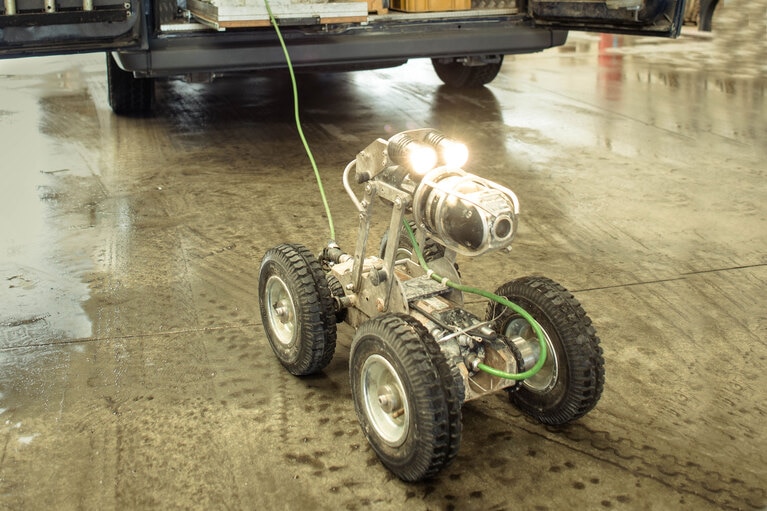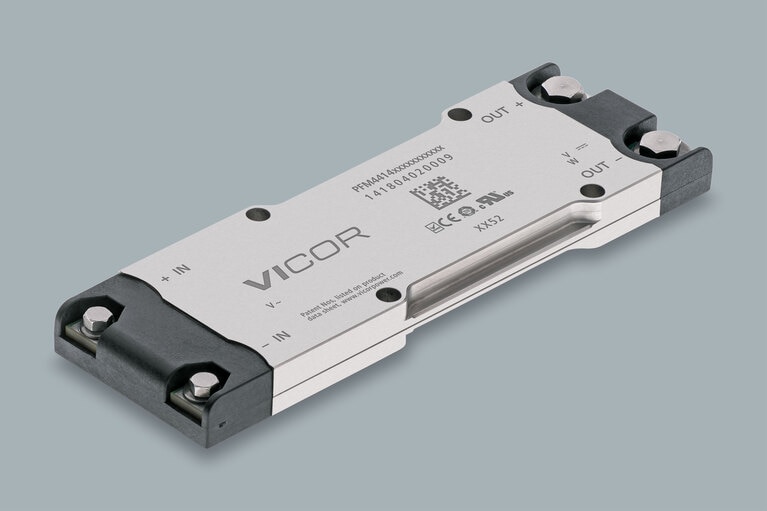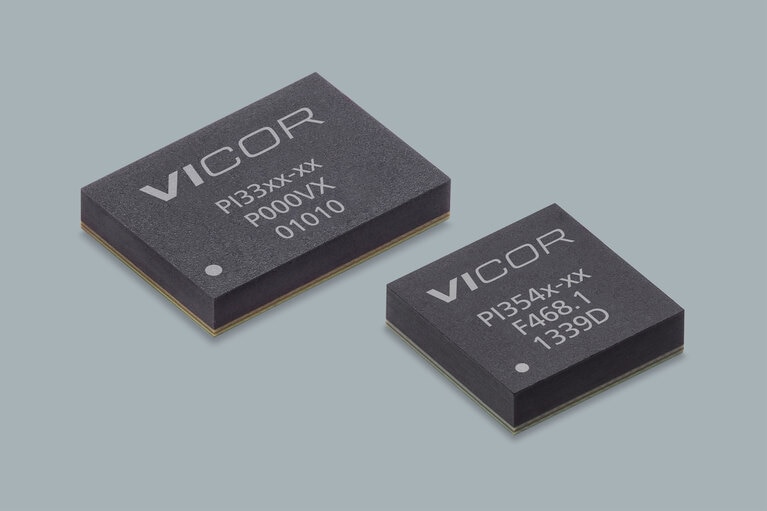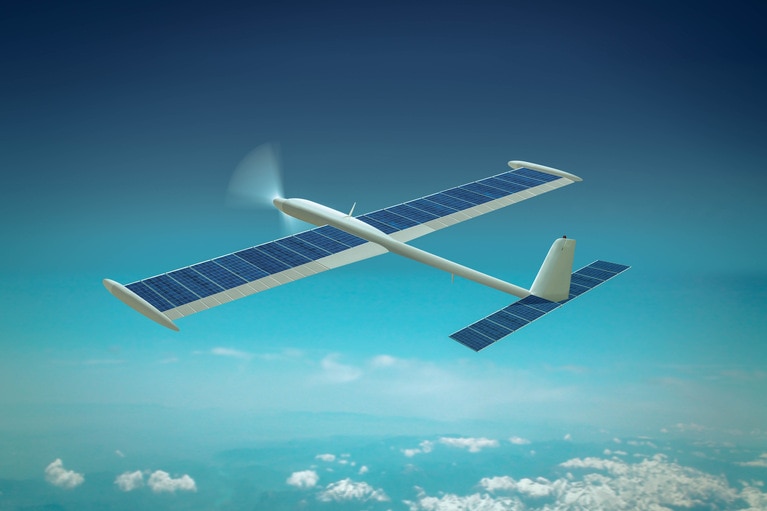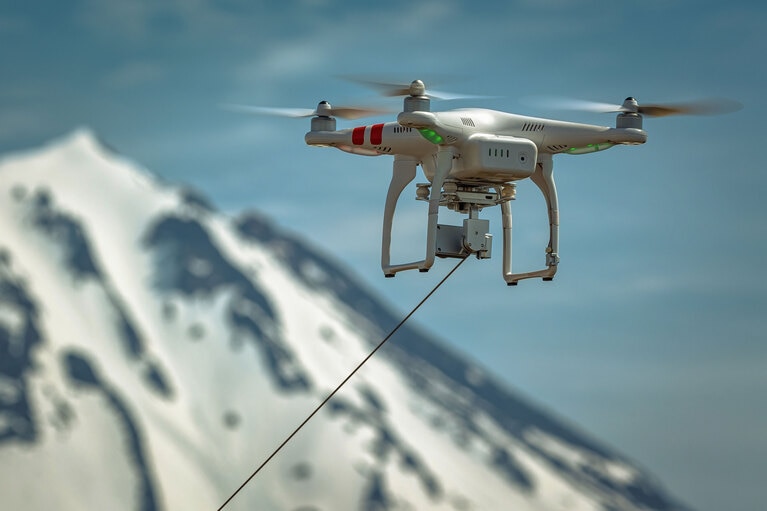
High-density, high-power modules enable lighter, safer, lower cost tether cables to extend missions
This class of unmanned vehicle is powered and controlled via a tether from a ground-based power source assisting in extended missions
Improved sensors, autonomy, mobility and AI (allowing deep learning) is enabling inspection robots to replace humans, especially in hazardous or confined areas like inside pipelines or in storage tanks. Manufacturers are looking for smaller, more robust solutions with ever improved resolution, repeatability and operating range. This manufacturer of tethered sewer inspection robots was looking to improve the sensor resolution and quality of video images without increasing the size of the platform. The key goals were:
The 48V (SELV) supply to the tether was provided by a PFM AC-DC converter. On board the robot the three rails were provided by three individual regulators.

ZVS buck and buck-boost regulators offered high power density and low weight (0.8g)

Low noise ZVS topology minimized filtering required

High efficiency (up to 92.5%) reduced heat, increasing reliability in high ambient temperatures
The power delivery network: The 48V tether supply was provided by a PFM AC-DC converter. At the robot the low power 5V and 3.3V rails were provided by ZVS Buck regulators. The higher power 12V motor supply rail was provided by an array of three ZVS Buck-Boost converters that compensated for large voltage drops in the 600m tether. To analyze this power chain go to the Vicor Whiteboard online tool.

絶縁 レギュレータ
入力電圧: 85 – 264V
出力電圧: 24V or 48V
出力電力: 最大400W
ピーク効率: 最大92%
110.55 x 35.54 x 9.40mm
非絶縁 レギュレータ
入力電圧: 12V (8 – 18V), 24V (8 – 42V), 48V (30 – 60V)
出力電圧: 2.2-16V
出力電流: 最大22A
ピーク効率: 最大 98%
10.0 x 10.0 x 2.56mm 他
High-density, high-power modules enable lighter, safer, lower cost tether cables to extend missions
This class of unmanned vehicle is powered and controlled via a tether from a ground-based power source assisting in extended missions
High-efficiency, high-density modules free up space for advanced communications and extend range
High-efficiency class of UAV depend on solar power to meet its long flight time requirements
DCM DC-DC converters double the internal bus power and help keep the aircraft as light as possible
High-altitude long-endurance (HALE) UAVs are essentially flying satellites, designed to operate at extremely high altitudes for extended periods
Lightweight and efficient power modules extend delivery routes and save space to carry more goods
Last-mile consumer delivery of groceries, take-out food and online consumer items is the mission-critical task of autonomous robots
